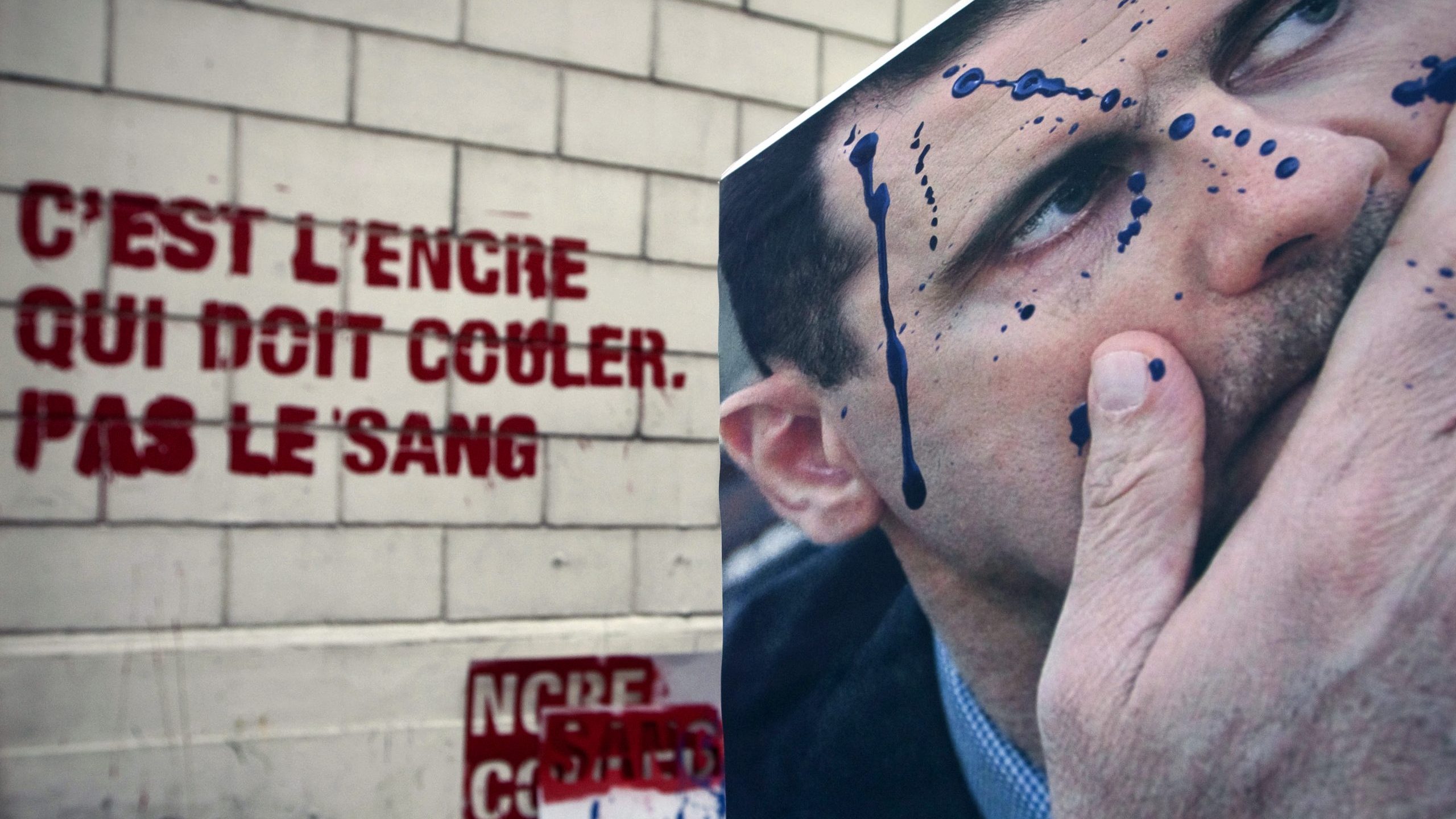One could mistake Syria for a liberal democracy after Bashar al-Assad issued a law that pretends to ban torture in Syrian prisons. But it wasn’t long after his April’s fool that Assad came back to his old habits. In fact, through his new cybercrime law, Assad tightens his grip on freedom of expression in Syria, at a time when discontent with the economic policy followed by the regime is mounting.
On April 19th, President Bashar al-Assad issued Law No. 20 to “regulate the criminal legal rules for cybercrime that were included in Legislative Decree No. 17 of 2012,” the Syrian official news agency SANA reported. The new law increases the penalty of these “crimes” up to 15 years in prison and SYP 25 million, which is equal to 250 times the average monthly salary of the Syrians who have jobs.
The Prestige of the State
Human rights defenders criticized the new law, rejecting it as another burden on the Syrian population. “It is the last nail that the regime is nailing in the coffin of freedom,” the head of Truth for Justice, a Syrian rights group has said. He told The Syrian Observer that the Assad regime “is closing the only window left to the Syrians to breathe.” In fact, article 27 of the new law includes that a penalty of temporary detention from seven to fifteen years and a fine of ten million to fifteen million Syrian pounds shall be imposed on anyone who establishes or manages a website or web page or publishes digital content on the internet with the intention of provoking acts aimed at or calls for changing the constitution by illegal means.
The opposition website al-Hal Net claimed that the law contradicts both the 2012 Syrian constitution, which supposedly guarantees freedom of expression, as well International law as it contradicts “international conventions, the international system, all the international treaties, and the Universal Declaration of Human Rights”, according to a lawyer interviewed by al-Hal.
However, the regime denies that the law aims at hindering freedom of expression in Syria. The opposition website Shaam Network reported that media affiliated with the Assad regime quoted statements from the Minister of Communications, Iyad al-Khatib justifying the new law.
According to Khatib, the Cybercrime Law aims to preserve privacy when accessing the Internet, and “the prestige of the state”. It has also tightened penalties, both financial and judicial when the offense is committed against information related to the state and the employee charged with public work”.
“This law does not restrict freedoms and does not protect the corrupt, but sets standards and controls for regulating online work. When Law No. 17 was passed in 2012, the proportion of Internet users in Syria was 37%, but today it has reached 59%, so law 17 had to be reviewed and a new law was passed”, he estimated. He considered that “harming the prestige of the state is an unmeasurable case”. Does Mr Khatib consider that a State harms its prestige when it uses chemical weapons against its own people?


